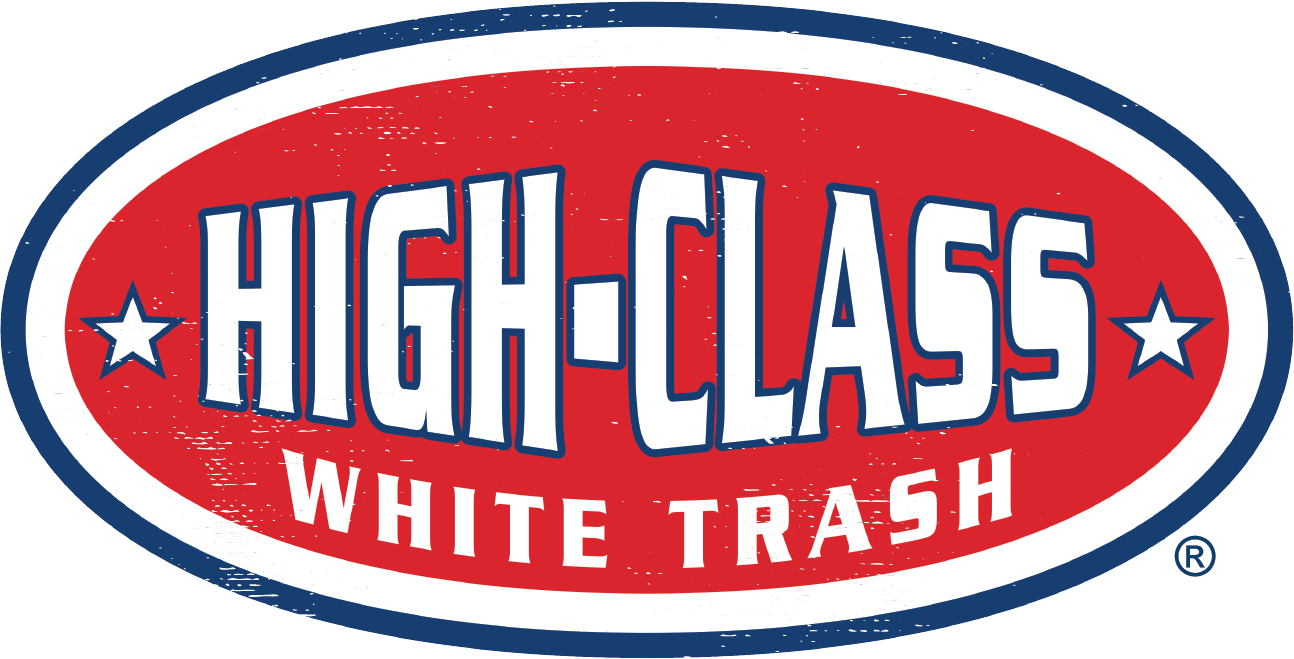Introduction
In the fabric of American society, the blue-collar worker has always been a symbol of relentless pursuit and unyielding resolve. These are the men and women stationed in the trenches of industry—welders, electricians, mechanics—whose sweat crafts the backbone of the economy. Today, as the economic landscape evolves, the blue-collar work ethic remains a cornerstone, even as the definition of what it means to work hard and succeed undergoes transformation.
Revisiting the Definition of Hard Work
Traditionally, the blue-collar work ethic has been synonymous with physical labor underpinned by discipline and resilience. It's an ethos celebrated in every rivet driven by a construction worker and every line assembled by a factory hand. But in today's economy, where service jobs outnumber manufacturing jobs and digital platforms redefine traditional roles, what does "hard work" really mean?
- Adaptation to Technology: In industries from manufacturing to logistics, workers are now required to interact with advanced machinery and software, blending traditional skills with high-tech proficiency.
- Continuous Learning: With rapid technological advancements, blue-collar workers must continually adapt, acquiring new skills that go beyond their initial training.
- Broader Skill Sets: The modern worker often wears multiple hats, managing tasks that blend physical labor with customer service, technical troubleshooting, and more.
The Influence of Military Values
The ethos of the blue-collar work sector shares deep ties with military values, where terms like "gruntstyle" and "lions not sheep" resonate strongly. Both realms cherish traits such as discipline, loyalty, and the spirit of 'never quit'. These values not only mold individuals into formidable workers but also embed a sense of purpose and camaraderie among them.
- Discipline: Just as in the military, blue-collar jobs require a regimented approach where time management and precision are crucial.
- Resilience: The ability to bounce back from setbacks, a common necessity in both fields, fosters a robust work ethic that is hard to dismantle.
- Teamwork: Success in blue-collar industries often depends on the collective effort, mirroring the unit cohesion valued in military squads.
Blue-Collar Work in the Social Fabric
Blue-collar work does not exist in a vacuum. It influences and is influenced by the broader social-economic context. With movements like the Great Resignation, there is a noticeable shift towards seeking work that is not only financially rewarding but also personally and socially fulfilling.
- The desire for meaningful work that aligns with personal values is becoming more pronounced. People are increasingly drawn to jobs that offer not just a paycheck, but a contribution to the community and a tangible sense of accomplishment.
- The preference for flexibility and a better work-life balance is redefining what hard work looks like, shifting away from the traditional 9-to-5 grind to more adaptable and humane schedules.
The Relevance of Blue-Collar Ethics in Modern Business
Even businesses not typically classified under the blue-collar sector are finding value in adopting this work ethic. Startups and tech firms, for example, appreciate the straightforwardness, reliability, and result-oriented nature of the blue-collar mindset. It's a model that encourages efficiency and a no-nonsense approach to problem-solving—qualities that are invaluable in any fast-paced, competitive environment.
Case Study: High-Class White Trash
Consider the ethos of High-Class White Trash, a brand that epitomizes the rugged, unapologetic spirit of blue-collar America. Here, authenticity, quality, and community are not just buzzwords but the pillars on which the brand stands, reflecting a deep respect for the blue-collar work ethic in the modern retail landscape.
Conclusion
As outlined in a recent study published in Nature, the blue-collar work ethic in today's economy emphasizes hard work, productivity, and a hands-on approach, distinguishing itself from more abstract white-collar environments. This ethic not only survives but thrives by adapting to new economic realities, redefining success in ways that balance hard work with well-being and personal fulfillment read more about this study.
The blue-collar hustle isn't just about pushing through physical limits but about embracing change, valuing continuous improvement, and finding purpose in one's work. In this rapidly transforming world, the blue-collar work ethic serves as a timeless guide to achieving not just economic success but a life well-lived.




